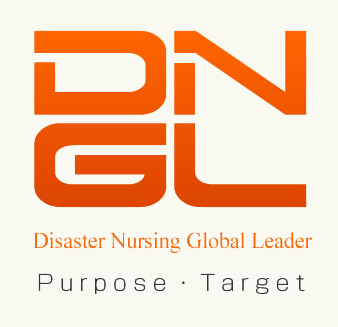
On September 29, 2018, the Kochi DNGL student originally from Indonesia, Mr. Hastoro Dwinantoaji, participated in the seminar and research meeting about "Disaster Nursing and Transcultural Nursing" in Tokyo that organized by the National Institute of Public Health. In the event, Prof. Sakiko Kanbara, Professor of Faculty of Nursing at University of Kochi in Kochi Prefecture, Japan, presented about the "Co-Creation of Disaster Risk Reduction Care at the Community Level". In addition, the experts in disaster risk reduction (DRR) from Myanmar, Nepal Nursing Association (NAN), and Ateneo de Manila University (ADMU) of Philippines also actively participated during discussion in the research meeting.
In summary, it concluded that natural disasters have caused extensive losses and damages to human psychological wellbeing, economy, and society. It has been argued that cultural factors such as social values, beliefs, traditions, and attachment to a location influence communities facing and responding to natural disasters. However, the issue of culture in DRR for health seems to have received limited attention in policy and practice. Cultural background is an important factor in assessment of disaster preparedness, vulnerability to the health impacts of disasters, and provision of disaster risk management for health services. For example, risk perception may be affected by culture. We suggested how culture may not be a barrier but instead may facilitate for DRR. The research meeting highlighted the importance of cultural competence in the planning and delivery of effective disaster management for human security and health services.



HOME > report > [Report] Socio-Cultural Sensitivity in Disasters: Implications for Disaster Risk Reduction and Health [Report] Socio-Cultural Sensitivity in Disasters: Implications for Disaster Risk Reduction and Health |
|
This program has been adopted as "Program for Leading Graduate Schools of 2012" by MEXT.
|
